Learning to play the drums is one thing. The basic techniques are drummed into the musical understanding and memory, beat by beat and didactically building on each other in the truest sense of the word. Especially since the motor and fine motor connections do not fall from the sky into the arms, legs, hands and feet of even the most talented, it is then drums practice, practice, practice. How to do it right:
Practicing drums requires plenty of training diligence
In terms of training diligence, the drums are indeed one of the most time-consuming, because physically intensive par excellence. Not infrequently, this performance alone is underestimated. Someone is banging around on a few drums, so what? But the drummers are the timing-firm, rhythm-driving heart of a band par excellence. All the others have to be able to follow their lead. The drummer decides whether the songs ignite free of stumbling blocks from beginning to end or not. He is nothing less than the foundation.
Drummer as a personified musical octopus

In order to be able to function as this solid base at all, he must master the grooves and patterns, determine and maintain the tempo, plow several kettles and cymbals simultaneously and time-variably, and demonstrate an independence of hands, feet and brain that other musicians can only dream of. Drummers are high-performance musical athletes. If an athlete doesn’t train for a few days, he loses performance and is overtaken by his competitors. Analogously, for you as a drummer, this means that you – like brass players, for example – must practice drums regularly and consistently.
Progress effectively with a high power curve
The question remains how you should practice drums properly, how to progress effectively and maintain your performance curve at a personally high level so that you don’t have to start all over again, so to speak. You can be chaotic and unstructured in wasting your time. Or, to put it another way, you can practice drums without a concept and structure, but the thoughtful process of reflective repetition of what is important at the moment will get you there much faster. If you want to practice drums, it’s about improving performance efficiently and being able to recall that performance at any time.
The importance of motor and small motor memory
Various terms play a role here, which are elementary for musicians, but almost foreign words for normal people. Only two of them are the so-called motor and fine motor memory. In general terms, motor memory is responsible for the smooth execution of physical movements, such as opening a door or bringing a cup of coffee to the mouth. We plan such processes in the brain, more precisely in the cortex, and store them intuitively in our motor memory.
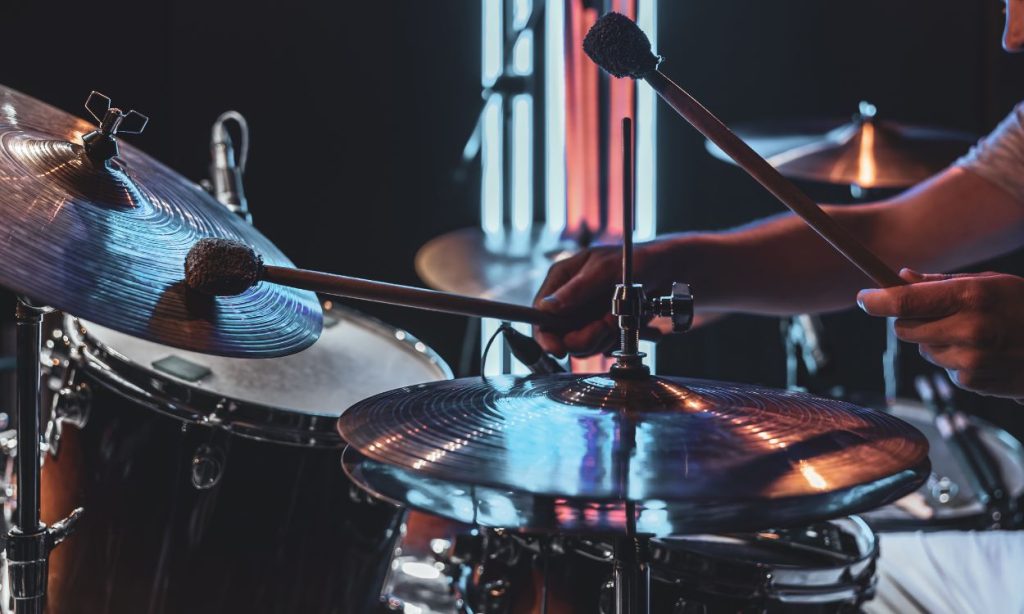
When you no longer have to think, it becomes fluid
The special thing about it is that we won’t have to think about it in the future. And here we are again with our admiration for the multitasking ability of drummers. At breakneck speed – without thinking – the most diverse movement sequences are called up and woven together into a rhythmically large whole. The fact remains: You have to practice drums so consistently and persistently until you have duped your own brain into not thinking anymore.
Nice admiration, but actually it’s just training
Again and again drummers are confronted with the admiring phrase: “What you’re doing with your hands and feet, I could never do.” Well, that’s friendly praise, but not entirely true. Because with independence exercises for head and body, in principle anyone can learn these skills. Sorry, that’s the wrong word. Rather, it should read “(…) anyone can practice and train these skills”. But it is not usually done. What for? For you as a drummer, however, these independence exercises are a real must. Practicing drums efficiently without focusing on independence is simply a pointless endeavor.
Draw the greatest possible success from the least possible time

Your goal is to get the most learning and training out of the least amount of time. Inevitably, time is an immensely important issue for you if you want to practice drums effectively. Because time and time again, you realize how little superfluous time you have; in fact, none at all. If you stumble during the song and tie your arms and legs in knots, you’re running out of time. Making up for missed counts is not possible; at best, you can skip them. The same is true for the hours, days, weeks you need for your next level. Time slips away, has disappeared and cannot be retrieved.
Prelude End: Let us be concrete
Enough of the preface, let’s get specific. After all, we have sufficiently highlighted your specific challenges when you want to practice drums efficiently. How as you practice drums with optimal and equally motivating results. And sorry, now it gets a little sobering. The first rule of thumb is: apart from the warm-up phase, don’t practice what you already know how to do.
Practice the things you haven’t yet mastered in your sleep
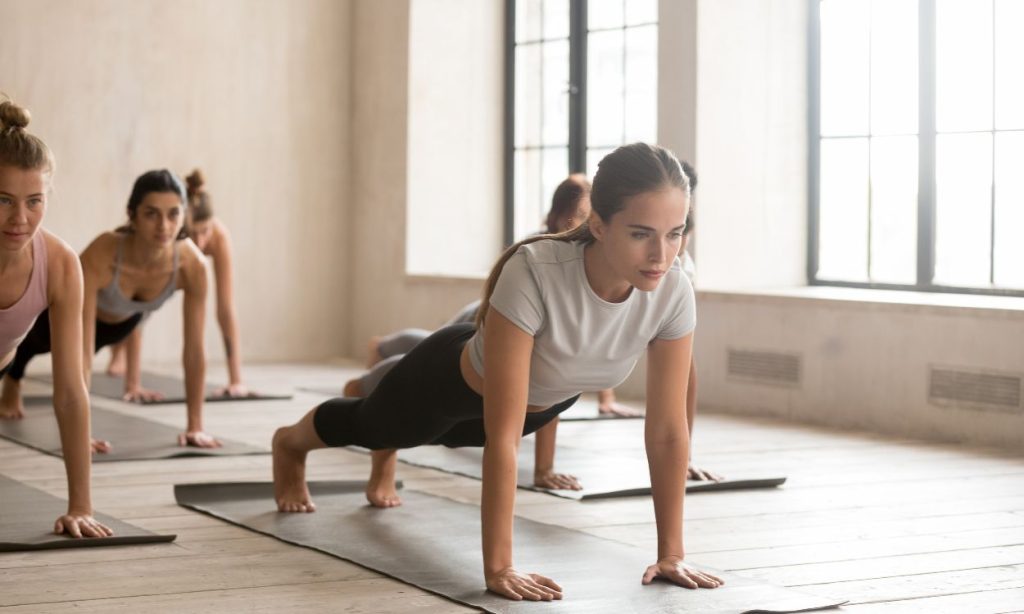
This is a cardinal mistake, which unfortunately can be observed again and again. You want to get ahead, so practice what you want to improve. Say goodbye to the idea that you can constantly feel completely comfortable with your section perfection if you want to practice drums in a time-saving way. Start where your playing just isn’t built through yet. Get your much-needed confirmation from the fact that you are getting better at the techniques you have not yet mastered with confidence – and without thinking.
The joy of music must not fall by the wayside
Of course, the drum set must not become a mere working tool. It is and remains an instrument, your instrument. The joy of playing and making “real” music must not and should not be lost. This means: You have to distinguish between practicing and making music. Practicing drums is for your progress; playing drums is for your enjoyment of music.

Reveal, identify and eliminate weaknesses
In order to eliminate weaknesses, it is important to first identify and name them. You need to know where things are going wrong, which parts of the groove and song don’t really run smoothly yet, and which techniques you’re using to gallop yourself into rhythmic nirvana. The sensible approach is to first play a song or part of a song as completely as possible, listening and feeling for the neuralgic points. Now you divide the song into tiny sections and devote yourself exactly to the passages that gave you trouble. Be it a special beat sequence, a fill-in, the outro or whatever.
A matter of self-reflection; your smartphone can help
Surely you could now run to your drum teacher with every detail and ask him for his feedback. Believe me, even the most ambitious drum teacher doesn’t have the time. Not to mention that it wouldn’t help your self-reflection much. Your smartphone is your constant daily companion anyway.
It’s looking forward to being exploited by you if you want to practice drums effectively, namely as a recording medium. Record your playing, analyze the recordings and you will quickly realize where you can start. Don’t get frustrated in the process. By the time you get to this stage, you’ll probably be better than you think you are.
Don’t become a machine, rather stay human
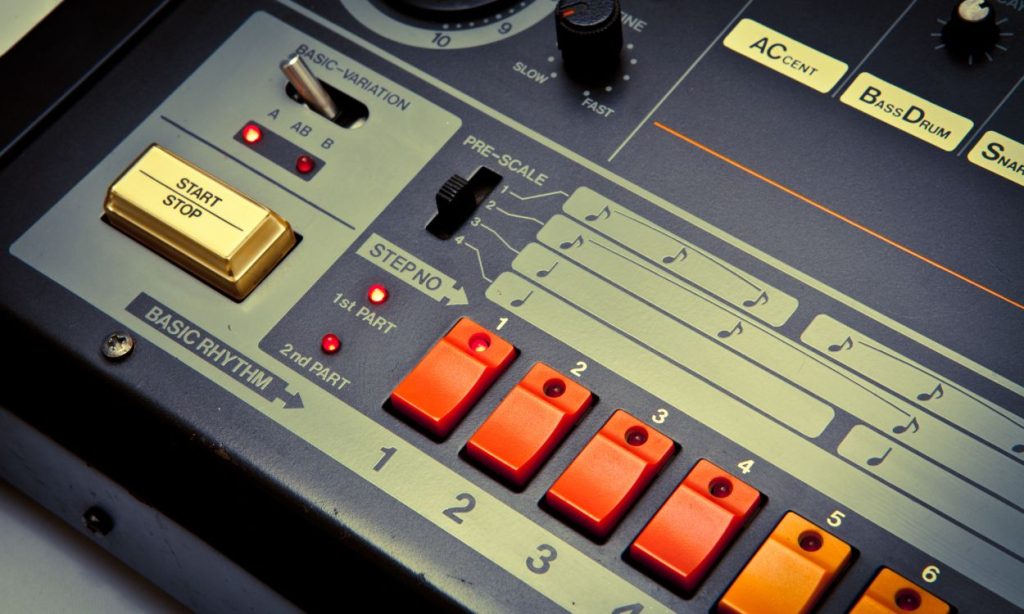
Perfecting your playing technique is and will remain an essential part of your skill set, which will also give you confidence and self-assurance as a musician. Nevertheless, this is also part of the truth, don’t overdo it with the polished playing technique. You are a human being and especially the slight fluctuations and differences in dynamics distinguish you from a machine. If everything sounded inhumanly perfect, you’d be out of a job per se. Then the band would take a drum computer and send you home. But it shouldn’t; that’s exactly why your human and musical warmth is in demand.
Efficiency also has to do with time management
With all your exemplary practice diligence, you should also consider your physical and mental capacity. No one would be helped if you practiced drums to the point of absolute physical exhaustion. The same applies to your ability to concentrate and thus your mental receptivity. At some point, your head just shuts down. If you then continue to drone away on your set, you wouldn’t improve anything by doing so. This time would also be wasted.
Your body and your brain need rest. It is recommended that – at least advanced players – should practice drums in blocks of about 20 minutes each. So it’s better to practice for 20 minutes three times in a row, with relaxing breaks in between, than to practice for an uninterrupted hour at a time. Beginners cannot and should not do themselves such long training periods yet when practicing drums.
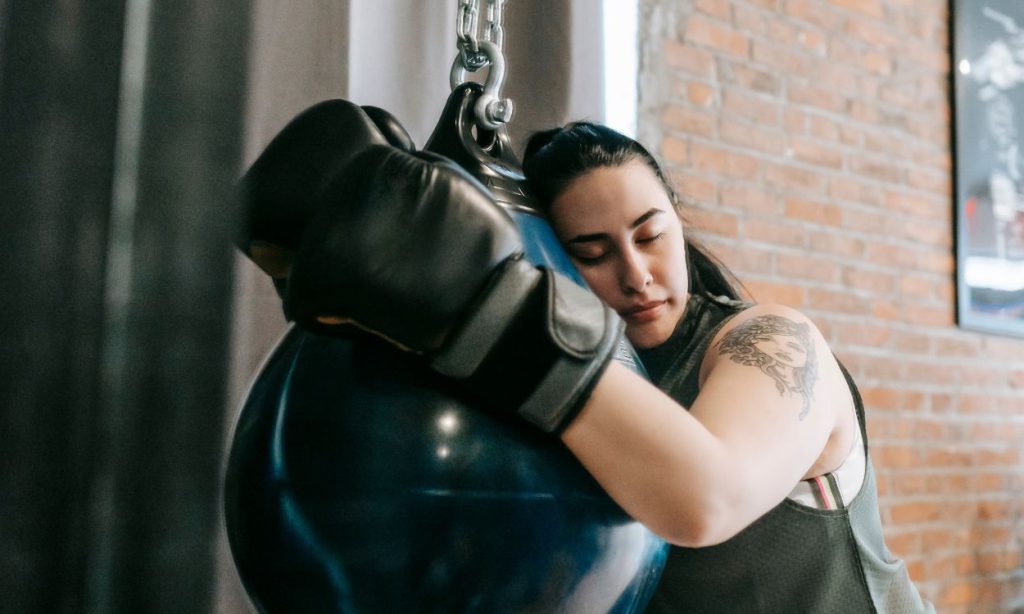
But even such 20-minute phases should not be followed through without meaningful content. It is ideal if they are divided conceptually, for example into the warm-up phase, in which techniques that have already been practiced are carefully deepened, the phase for learning new techniques and finally the phase in which the techniques and independence exercises are combined in a song-like manner. So the point is to maintain the ability to concentrate.
Maintain concentration; avoid distractions
We are all too easily distracted by a wide variety of things, sounds and signals. The next WhatsApp message rings on the smartphone. And bang, our concentration is gone, even if only for a fraction of a second. From outside, you hear the annoying cooing of a pigeon or worse, just because you left the window open. The distraction knocks us out of our groove in a matter of seconds. Put your smartphone on flight mode, close the window or put on headphones, and you’ll be more concentrated and therefore more effective when practicing your drums.
Practicing drums according to the principle of the inverted pyramid
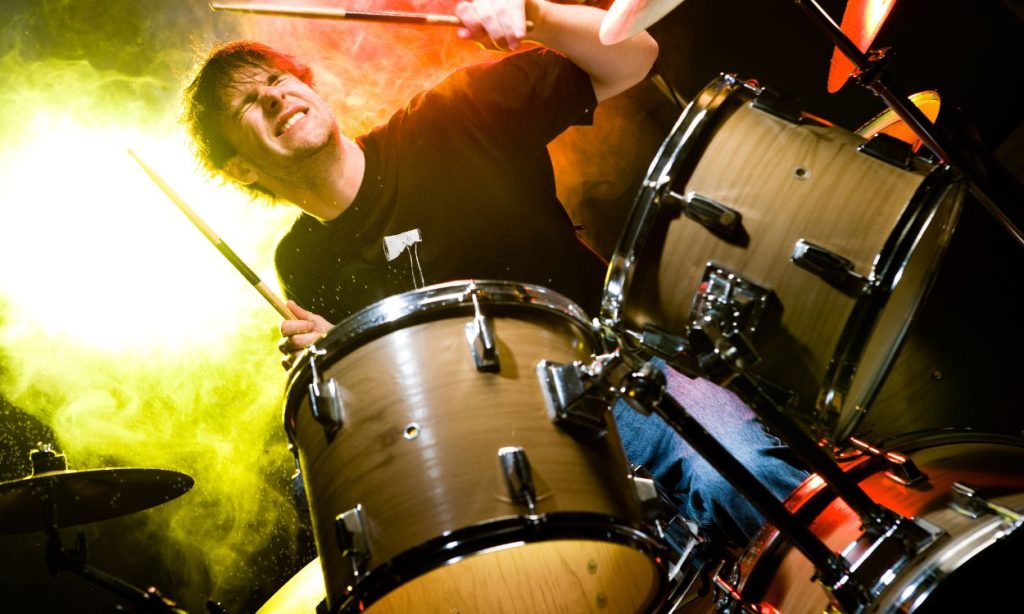
Probably no human being believes that one can ever reach the ultimate goal in the journey of discovery with an instrument. We could live for hundreds of years and there would still be new things to discover. An instrument is not a crossword puzzle, not even the drums. Not only in reverse, this means that you would frustrate yourself if you wanted to practice everything on the drums at once. That is factually impossible. Rather, with such an approach, you’ve taken the motivating legs out from under yourself.
It brings much more joy and fun to the music if you implement supposedly simple things as confidently as possible and carefully broaden your skills. The grooves can always become more complex, the passages more difficult. For this, the basics must sit securely. Only playing techniques that can be implemented according to your individual level will keep your motivation where it belongs: at the highest and most fun level.

